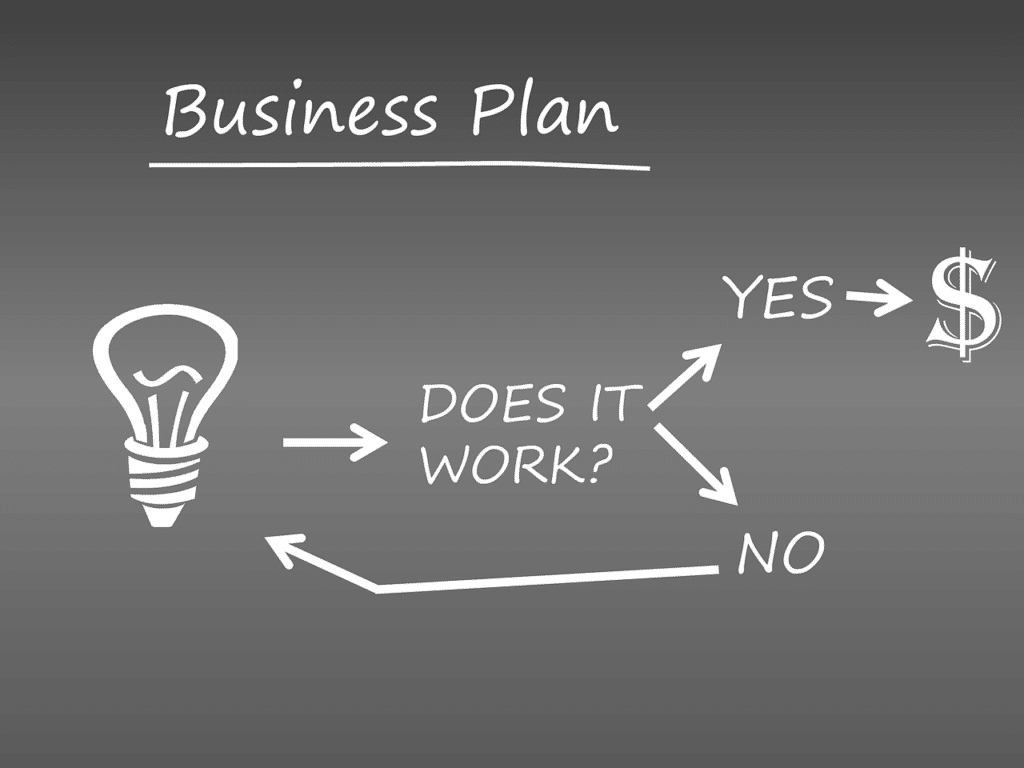
A Quick Guide to Short-Term and Mid-Term Rentals: Which One Is Right For You?
As property owners and rental hosts, we must always balance providing an excellent guest experience with profitability. One way to do this is to determine which type of renting we will offer: short-term or mid-term. In this quick guide, we’ll review some of the finer points of each rental term option so you can decide which one is right for you.
What Are Short-Term and Mid-Term Rentals?
The exact definition of “short-term” and “mid-term” may vary from city to city or state to state. In some areas, short-term rentals may be defined as any rental property that is rented for less than 60 days. In other areas, mid-term rentals may be defined as any rental property that is rented for less than 18 months. Check with your local municipalities, including City, County, and State, for property rental regulations before making any changes to your business model.
It’s important to be aware of the local definitions of “short-term” and “mid-term” rentals when renting your property because different types of rentals may be subject to different regulations. For example, short-term rentals may have stricter occupancy limits or noise regulations than mid-term rentals. Longer rental terms may be subject to additional housing laws designed to protect tenants.
Generally, these terms are defined as follows:
- Short-term rental: A rental property that is rented for less than 30 days
- Mid-term rental: A rental property that is rented for a period of 30 days to 12 months
Short-Term Rentals: The High-Profit, High-Maintenance Option
Short-term rentals usually offer higher potential rental income, but more wear and tear on your property. Let’s take a look at the pros and cons.
- Pros:
- Potential for higher rental income
- More flexibility to rent your property out when you want
- You’re more likely to attract tourists and other short-term visitors
- Easier to find tenants
- Lower risk of damage to property
- Cons:
- Higher turnover requires more attention and communication
- More wear and tear on your property
- Cleaning and maintenance more frequently
- Regulatory restrictions in some areas
- More likely to experience nuisance complaints from neighbors
- More likely to attract difficult guests
Mid-Term Rentals: The Low-Profit, Low-Maintenance Option
Mid-term rentals most often offer lower potential rental income, but less wear and tear on the property.
Pros:
- Lower turnover rate requires less attention and communication
- Less wear and tear on your property
- Less frequent cleaning and maintenance required
- Fewer regulatory restrictions in some areas
- Minimal complaints from neighbors
- May be less likely to attract difficult guests
Cons:
- Lower rental income potential
- Less flexibility to rent your property out when you want
- Less likely to attract tourists and other short-term visitors
- More difficult to find guests
- Higher risk of damage to property
Which Type of Rental Is Right for You?
Choosing the best type of renting for your property will depend on your circumstances and goals. If you have a great team or the time to give your rental your complete attention and are looking for the highest potential rental income, short-term renting may be the best option for you. However, if you are looking for a more stable rental income and less hassle, then mid-term renting may be a better choice.
Direct booking platforms like Boostly can help you reach your ideal guest and cut down on the time it takes to market and manage your business. In addition, whether you choose long or short-term renting, automation services and excellent cleaning and maintenance support will make all the difference.
Factors to Consider When Choosing Short-Term or Long-Term Renting
- Property type: Some property types are more suitable for short-term rentals, such as vacation homes and apartments in tourist destinations. Other property types, such as single-family homes, may be better suited for mid-term rentals.
- Location: The location of your property can also affect the best type of renting for you. If you are located in a popular tourist destination, short-term renting may offer you the best income opportunity, as guests may be more likely to book short stays. If you’re in a residential area, mid-term renting may be a better choice, as that will appeal to a different type of guest.
- Personal preferences: What do you need to make hosting work for you? If you’re available consistently throughout your peak seasons to manage communication, maintenance, and cleaning, short-term can be a great fit.
However, mid-term renting may be better if you need a more hands-off approach. The longer a guest stays, the less you have to engage with new potential guests, manage check-ins and check-outs, and do turnover cleaning and maintenance.
Additional Tips for Choosing What’s Right for Your Property
- Do your research: Before making any decisions, do your research and understand the restrictions and opportunities for both short-term and mid-term rentals specifically for your area.
- Consider your goals: What are your goals for renting your property? Are you looking to make the most money possible, or do you need a more stable rental income? Once you determine your goals, you can narrow your options.
- Think about your property type: Consider the location, size, and amenities at your property. Who is your ideal guest and what do they need?
- Talk to other hosts: Ask other hosts about their experience. They may have valuable insight to share that will help you make the best decision.
What type of renting term is most beneficial for you? Are you making short-term renting work for your property? Or, do you prefer the stability mid-term guests can provide? Maybe you mix it up and offer both!
Share your insight in the comments so other hosts can learn from you.
About the Author Beth McGee
Beth McGee is an Airbnb Superhost and a home cleaning and organization expert. Beth enjoys helping hosts succeed in the short-term rental industry through virtual services such as listing setup, guest relations, and creating an excellent guest experience. She is the author of Get Your House Clean Now: The Home Cleaning Method Anyone Can Master, a best-selling book that has helped thousands of readers improve their well-being and STR experience by transforming their homes into spaces of comfort and cleanliness.
Related
5 Reasons Why You Should Install Privacy-Safe Noise Monitors in Your Short-Term Rental Properties
How to Leverage Profit First for Your Short-Term Rental Business
How to Manage Short-term Rental Finances Using Baselane Banking
How To Start An Airbnb Business
How To Gain a Competitive Edge & Thrive in Your Evolving Vacation Rental Market
How to Wow Your Airbnb Guests (7 Tips)
How to Deal With Bad Airbnb Guests (5 Tips)
5 Benefits of Host Insurance for Your Airbnb
